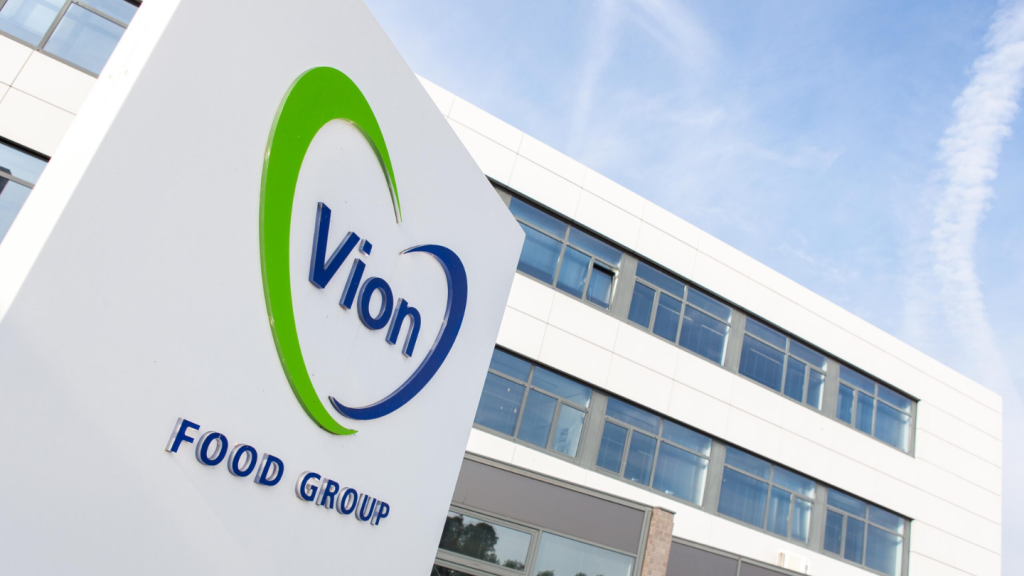Vion Food Group booked a net loss last year impinged by impairments related to the Netherlands-based meat processor’s exit from the German market.
Despite delivering a negative €89.7m ($97.1m) bottom-line result – compared to a €108m profit a year earlier – the privately-owned business is realising cost savings from a transformation programme.
That project was launched in 2023 as Vion announced its plans to leave the German market to instead focus and “strengthen” the company’s business in the Benelux countries. A number of processing plants in Germany have already been sold, resulting in a €38m impairment charge last year on top of the €58.2m in 2022.
“The successful Change that Matters programme, which began in 2023, will be completed in the months to come, with the full impact expected by 2025. The costs associated with this transformation have impacted the company’s net results,” Vion said as it issued its annual report.
Boxtel-headquartered Vion, which reports results once a year, said the transformation project delivered €90m in savings last year as the company seeks to complete the German divestitures in 2025.
Vion added the programme targets an “annual improvement” of €150-200m up to 2025.
Executive management changes have also been instigated, with CEO Ronald Lotgerink due to step down at the end of this year to be replaced by current CFO Tjarda Klimp.
Chief transformation officer Mattijn Bak will then step into the head of finance role to replace Klimp.
Lotgerink commented on the results: “With a leaner and more focused organisation, we will be better positioned to channel our investments into data-driven chains, sustainability and animal welfare, which remain at the core of our strategy.
“This will not only strengthen our operations but also create a lasting positive impact on the entire chain.”
Vion, which also produces plant-based proteins under the Me-At brand, outlined some of the challenges it is up against in the global meat market.
“Intense competition” in pork from peers in the US, South America and China, along with inflationary pressures and “shifting consumer preferences”.
Vion said those factors have “led to structurally reduced exports outside the EU, shrinking herd sizes in Northern Europe, and elevated animal prices within the EU”.
The company was named by China in July, along with Danish Crown and Litera Meat, as being part of its anti-dumping probe into EU pork imports. Those probes have since been expanded by China to encompass dairy and brandy imports into the Asian country.
Meanwhile, the De Groene Weg and Goldbeef meat brand owner reported revenue for 2023 of €5.1bn, up 3.5% on the previous year.
Volumes, however, fell 6.9% “mainly due to Vion’s limited export capabilities resulting from these high prices”.
Elsewhere, normalised EBITDA increased to €74.7m from €67.4, while normalised EBIT rose to €11.9m from €0.5m.









